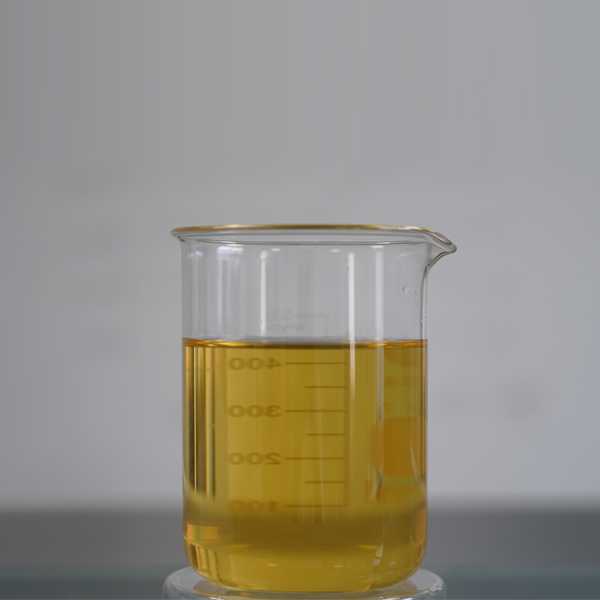
News
Sep . 06, 2024 10:11 Back to list
Polyglutamic Acid Natural Sources Manufacturer | High-Quality Production
Polyglutamic acid (PGA) is a naturally occurring biopolymer that has garnered significant attention due to its unique properties and versatile applications in various industries. As a manufacturer of PGA, it is essential to understand its natural sources, production methods, and the importance of sustainability in sourcing materials.
Polyglutamic acid is predominantly derived from microbial fermentation, with certain bacteria such as *Bacillus subtilis* being the primary producers. This amino acid polymer is composed of repetitive units of glutamic acid, which can be obtained from natural sources like soybeans, seaweed, and other plant-based proteins. The natural extraction and fermentation processes ensure that the PGA produced is environmentally friendly and sustainable, making it an ideal ingredient for various applications, including cosmetics, food, pharmaceuticals, and agriculture.
In the cosmetics industry, polyglutamic acid is celebrated for its exceptional moisture-retaining capabilities. It can hold up to 5,000 times its weight in water, which makes it an effective moisturizing agent. This property is particularly beneficial in skincare products, where hydration is key to maintaining healthy skin. As a manufacturer, sourcing PGA from natural fermentation methodologies affirms a commitment to quality and safety, ensuring that products are free from harmful chemicals and synthetic additives.
In the food industry, polyglutamic acid serves as a natural thickening and gelling agent. Its ability to enhance the texture and mouthfeel of food products plays a crucial role in food formulation. Moreover, as a natural ingredient, PGA is increasingly favored in clean-label products, aligning with consumer demands for transparency and health-conscious choices. By utilizing natural sources for PGA, manufacturers can cater to this growing market segment while promoting sustainability in food production.
polyglutamic acid natural sources manufacturer

The pharmaceutical applications of polyglutamic acid are also noteworthy. PGA can be utilized as a drug delivery system due to its biocompatibility and biodegradability. Its ability to encapsulate drugs and improve their solubility ensures better therapeutic effectiveness. By producing PGA through natural fermentation, manufacturers can ensure the safety and efficacy of pharmaceutical products, thereby boosting consumer confidence.
In agriculture, polyglutamic acid is gaining popularity as a soil conditioner and plant growth enhancer. Its ability to retain moisture and improve nutrient availability can significantly enhance crop yield. As a manufacturer focused on sustainable practices, sourcing PGA from natural fermentation reinforces a commitment to environmentally responsible agriculture.
In conclusion, polyglutamic acid is a versatile biopolymer with a wide array of applications across various industries. Its natural sources, primarily derived from microbial fermentation, contribute to its sustainability and safety. As a manufacturer, emphasizing the natural origins of PGA not only meets consumer demand for eco-friendly products but also aligns with global sustainability goals. The future of polyglutamic acid looks promising, with continued research and development expected to unlock even more potential applications. By focusing on natural sources and sustainable practices, manufacturers can position themselves as leaders in this evolving market.
-
Polyaspartic Acid Salts in Agricultural Fertilizers: A Sustainable Solution
NewsJul.21,2025
-
OEM Chelating Agent Preservative Supplier & Manufacturer High-Quality Customized Solutions
NewsJul.08,2025
-
OEM Potassium Chelating Agent Manufacturer - Custom Potassium Oxalate & Citrate Solutions
NewsJul.08,2025
-
OEM Pentasodium DTPA Chelating Agent Supplier & Manufacturer High Purity & Cost-Effective Solutions
NewsJul.08,2025
-
High-Efficiency Chelated Trace Elements Fertilizer Bulk Supplier & Manufacturer Quotes
NewsJul.07,2025
-
High Quality K Formation for a Chelating Agent – Reliable Manufacturer & Supplier
NewsJul.07,2025
